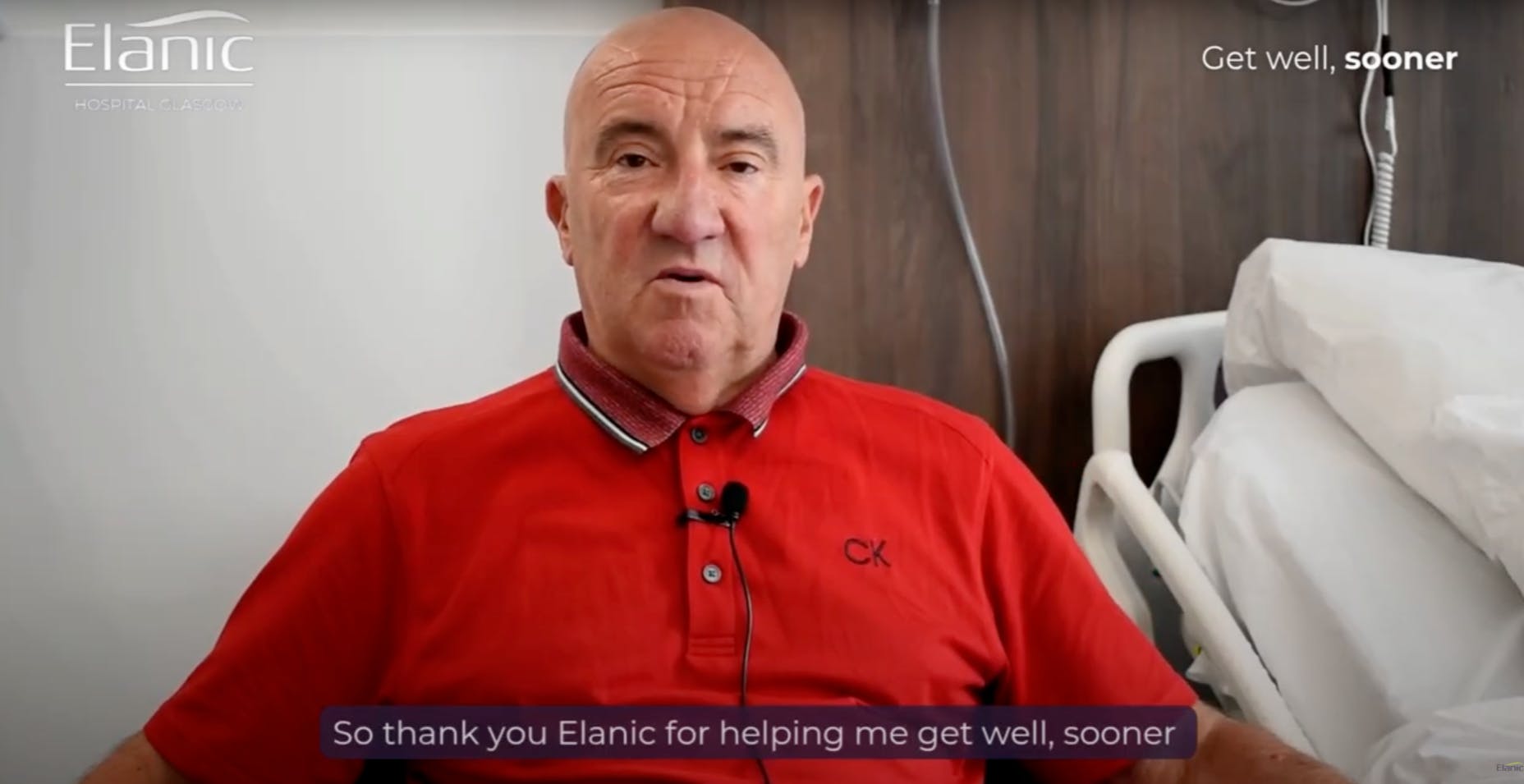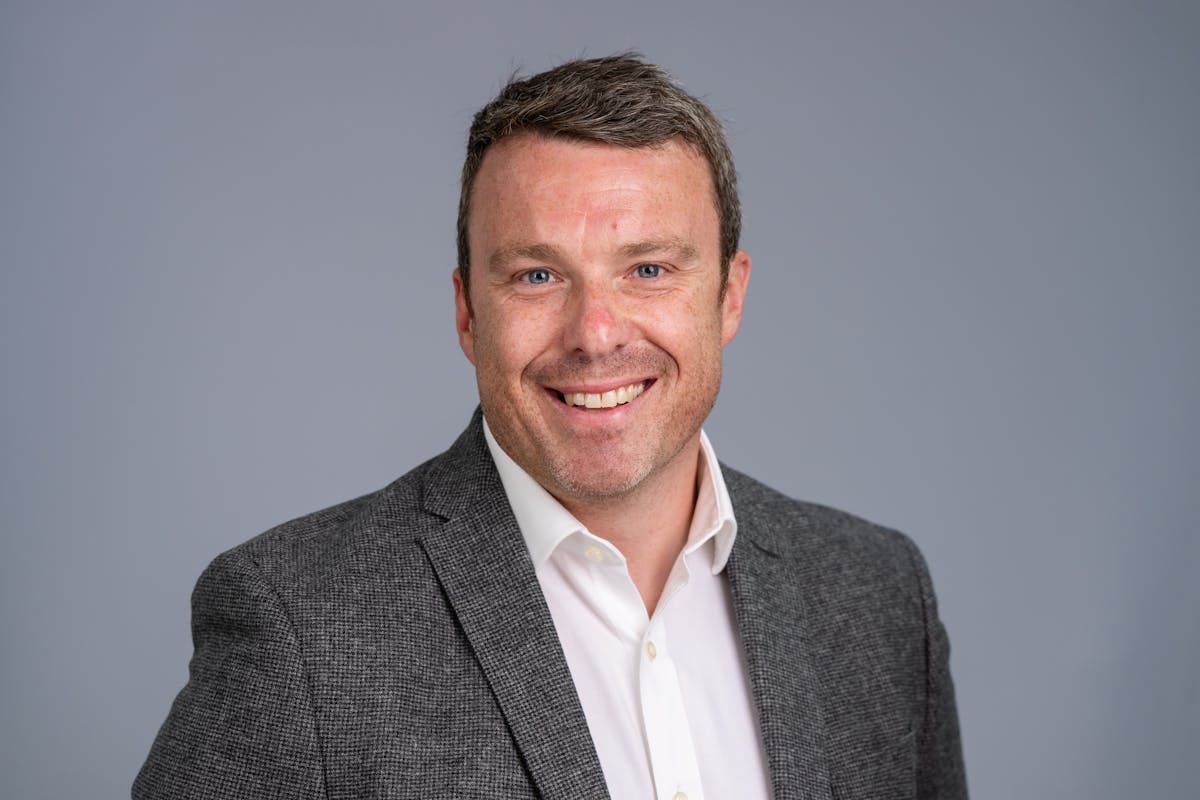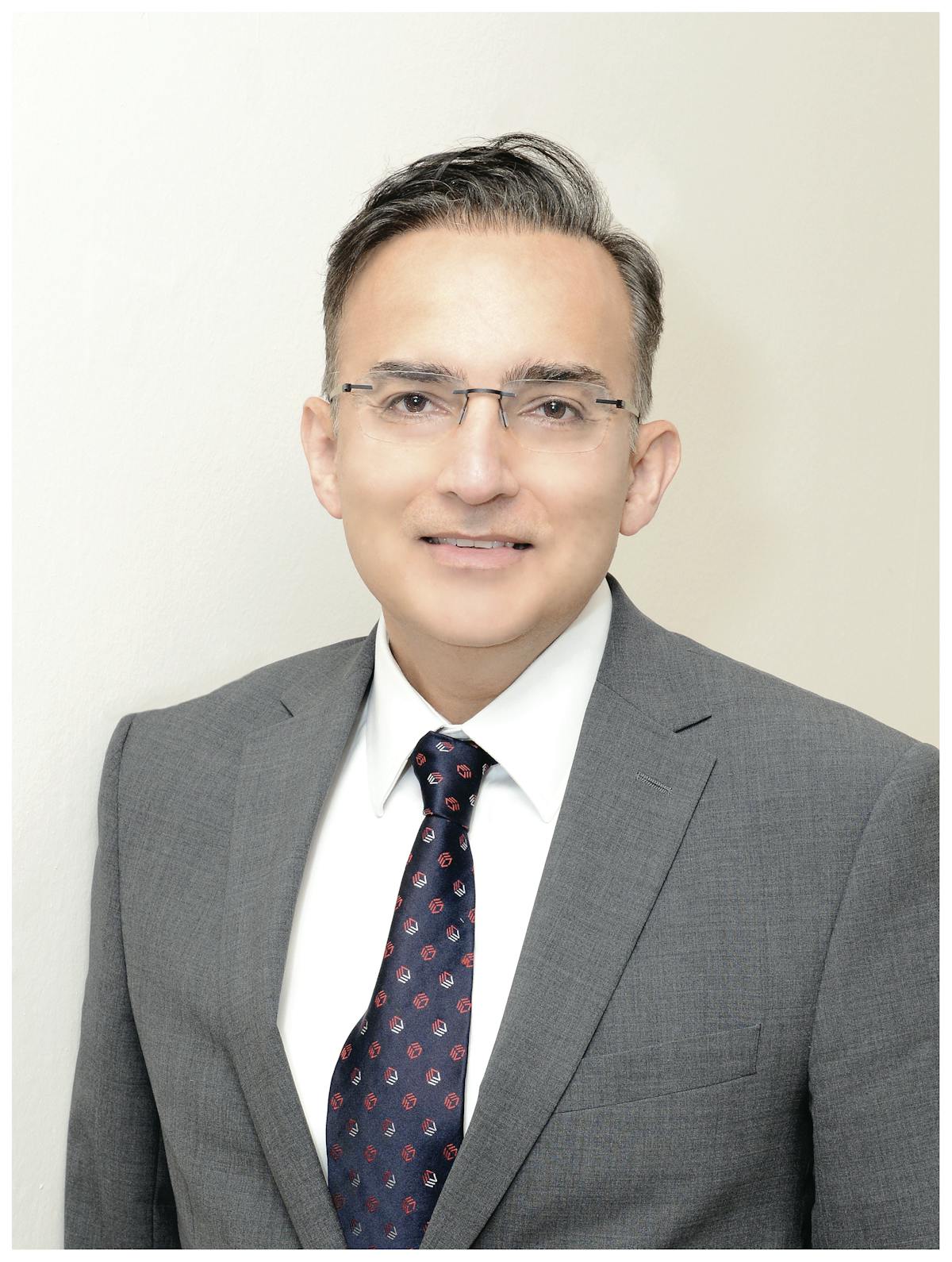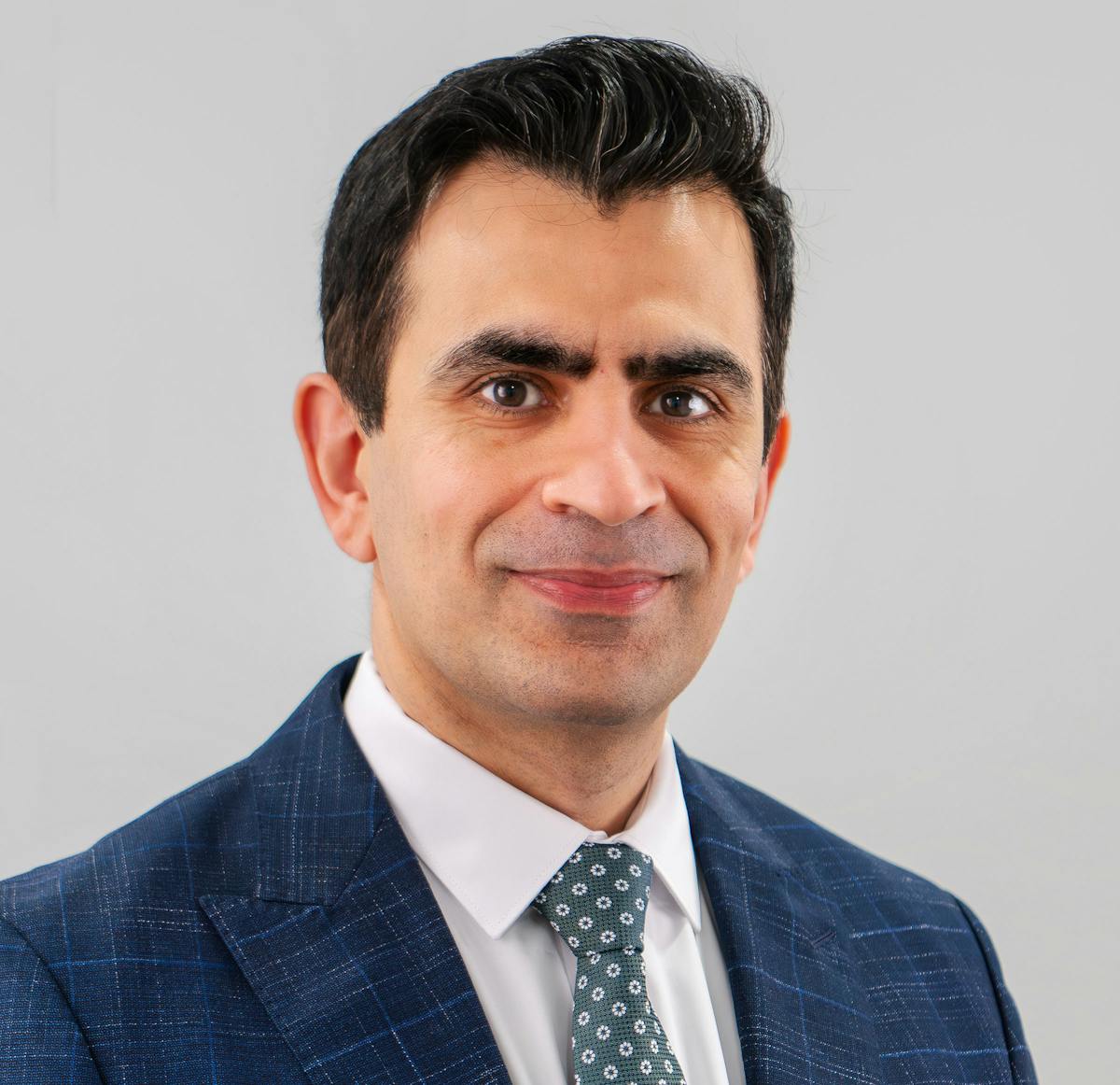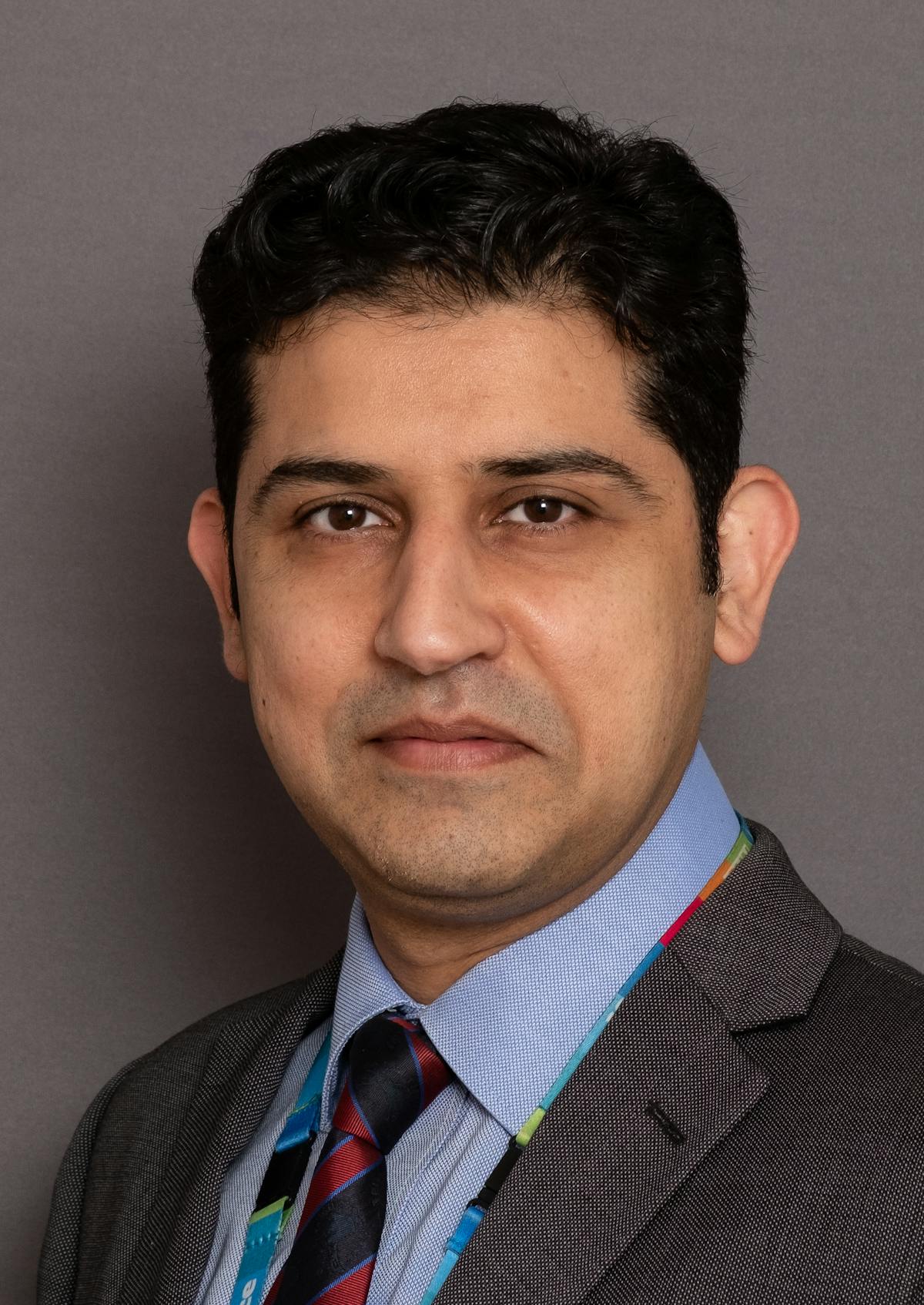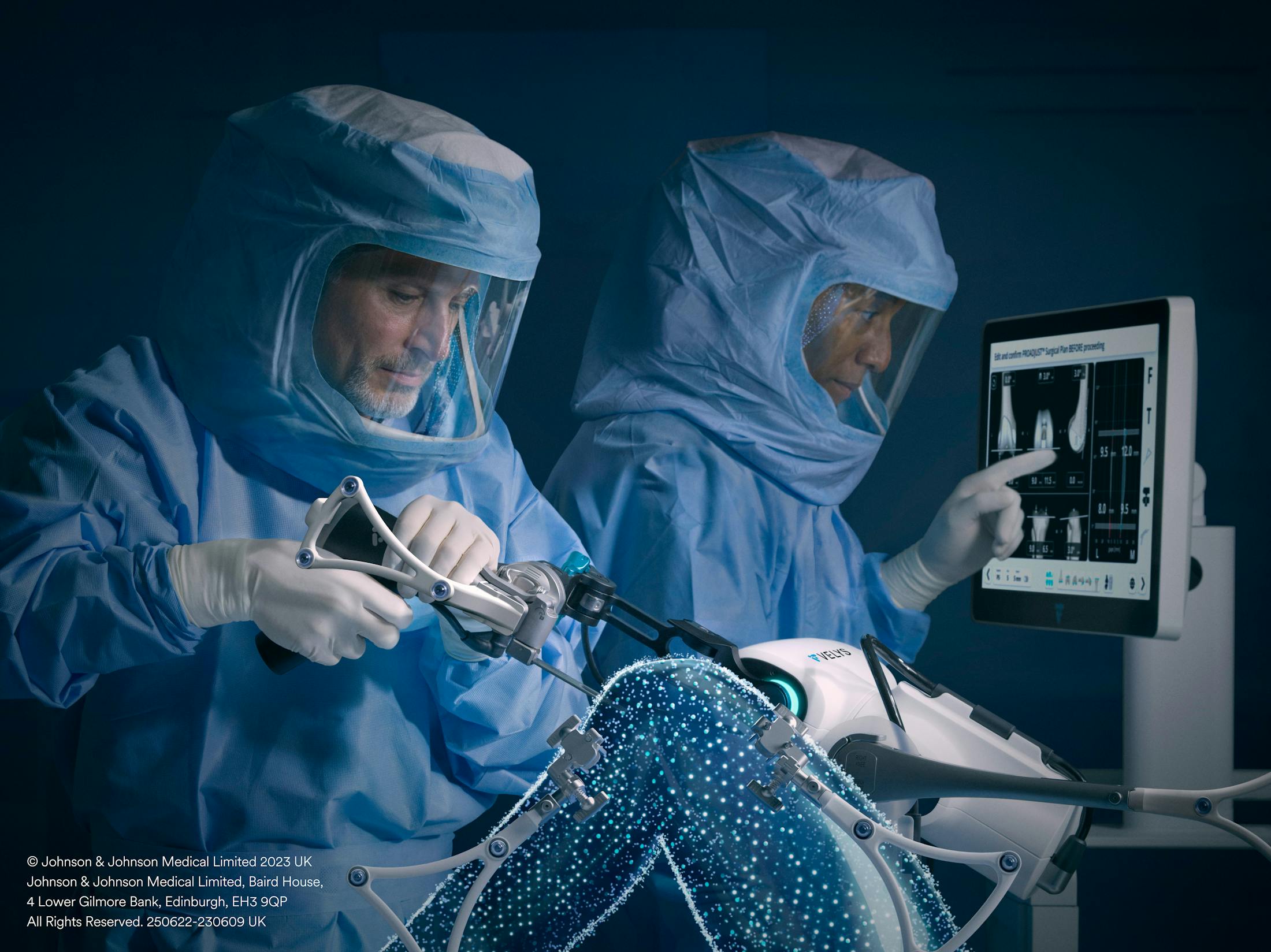When knee damage is extensive, as can occur after injury, osteoarthritis, or rheumatoid arthritis, strategic knee replacement surgery can provide patients with enhanced peace of mind, mobility, and quality of life. Our experienced surgeons can perform partial knee replacement, total knee replacement, or revision knee replacement for patients in and beyond the Glasgow region.
Mr Drury FRCSEd (Tr+Orth) is a Consultant Orthopaedic Surgeon specialising in knee surgery. His expertise includes knee replacement, sports injury treatment, arthroscopy, osteotomy, and non-surgical therapies like physiotherapy, injections, and PRP. At Glasgow Royal Infirmary, he also manages complex trauma, infections, and collaborates with plastic surgeons for multi-disciplinary care.
Read Bio

